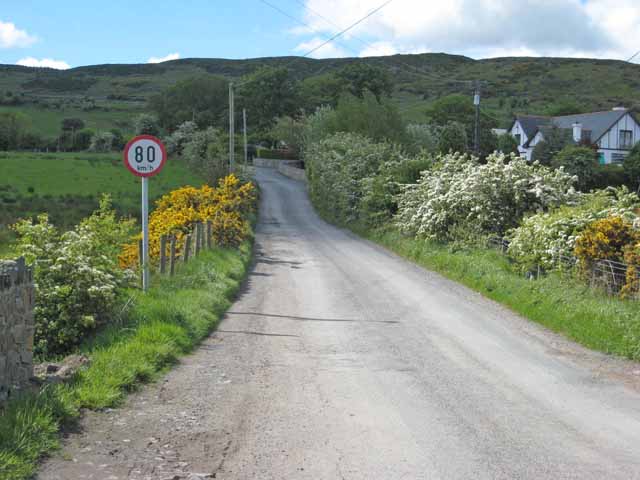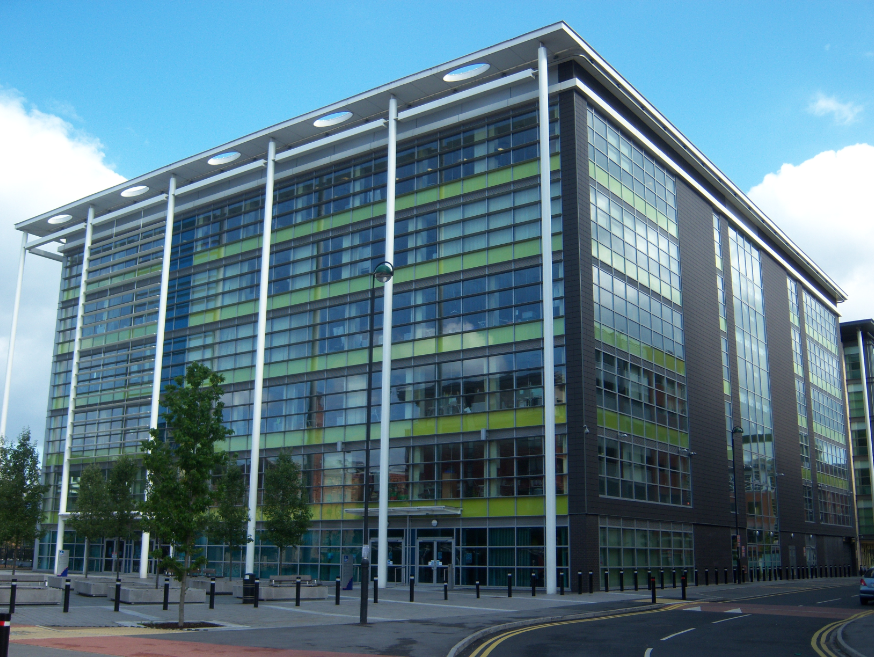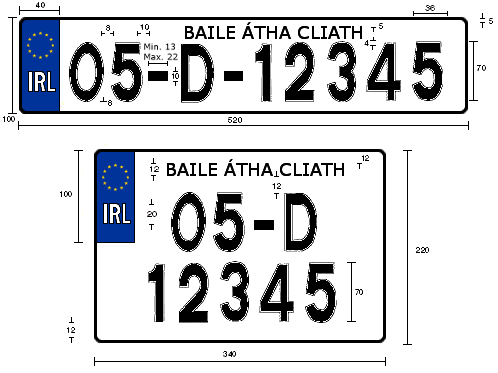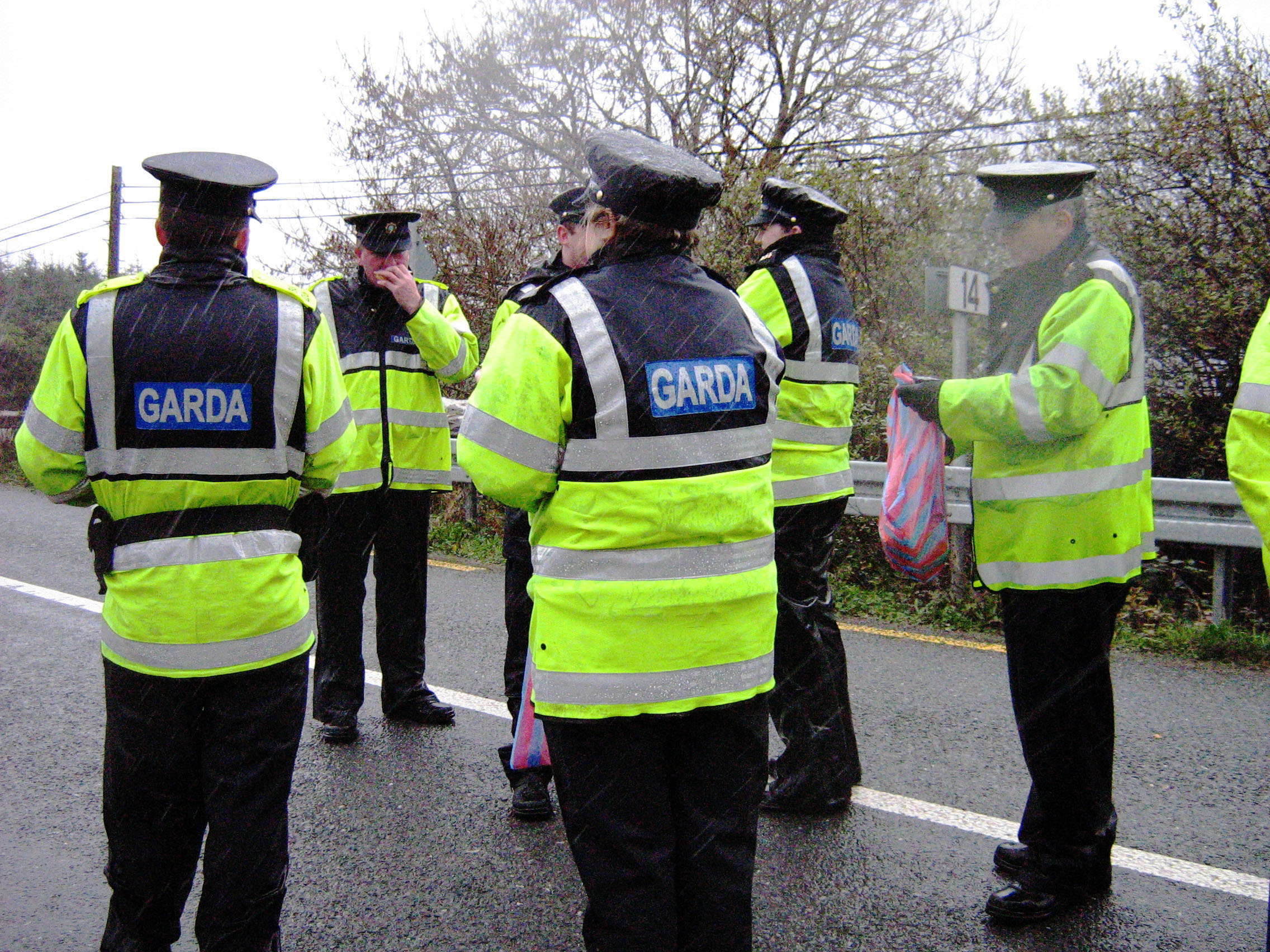|
Office Of The Revenue Commissioners
The Revenue Commissioners (), commonly called Revenue, is the Irish Government agency responsible for customs, excise, taxation and related matters. Though Revenue can trace itself back to predecessors (with the Act of Union 1800 amalgamating its forerunners with HM Customs and Excise in the United Kingdom), the current organisation was created for the independent Irish Free State on 21 February 1923 by the Revenue Commissioners Order 1923 which established the Revenue Commissioners to carry out the functions that the Commissioners of Inland Revenue and the Commissioners of Customs and Excise had carried out in the Free State prior to independence. The Revenue Commissioners are responsible to the Minister for Finance (Ireland), Minister for Finance. Overview Revenue consists of a chairman and two commissioners, all of whom have the status of secretary general as used in Department of state (Ireland), Departments of State. The first commissioners, appointed by the President of ... [...More Info...] [...Related Items...] OR: [Wikipedia] [Google] [Baidu] |
Revenue Service
A revenue service, revenue agency or taxation authority is a government agency responsible for the intake of government revenue, including taxes and sometimes non-tax revenue. Depending on the jurisdiction, revenue services may be charged with tax collection, investigation of tax evasion Tax evasion or tax fraud is an illegal attempt to defeat the imposition of taxes by individuals, corporations, trusts, and others. Tax evasion often entails the deliberate misrepresentation of the taxpayer's affairs to the tax authorities to red ..., or carrying out audits. In certain instances, they also administer payments to certain relevant individuals (such as statutory sick pay, statutory maternity pay) as well as targeted financial support ( welfare) to families and individuals (through payment of tax credits or transfer payments). The chief executive of the revenue agency is usually styled as Commissioner, Minister, Secretary or Director. Revenue services by jurisdiction ... [...More Info...] [...Related Items...] OR: [Wikipedia] [Google] [Baidu] |
Irish Section 110 Special Purpose Vehicle
An Irish Section 110 special purpose vehicle (SPV) or section 110 company is an Irish tax resident company, which qualifies under ''Section 110'' of the '' Irish Taxes Consolidation Act 1997'' (TCA) for a special tax regime that enables the SPV to attain "tax neutrality": i.e. the SPV pays no Irish taxes, VAT, or duties. Section 110 was created in 1997 to help International Financial Services Centre (IFSC) legal and accounting firms compete for the administration of global securitisation deals, and by 2017 was the largest structured finance vehicle in EU securitisation. Section 110 SPVs have made the IFSC the third largest global Shadow Banking OFC. While they pay no Irish tax, they contribute €100 million annually to the Irish economy in fees paid to IFSC legal and accounting firms. In June 2016, it was discovered that US distressed debt funds used Section 110 SPVs, structured by IFSC service firms, to avoid Irish taxes on €80 billion of Irish domestic investments. T ... [...More Info...] [...Related Items...] OR: [Wikipedia] [Google] [Baidu] |
Department Of Finance (Ireland)
The Department of Finance () is a Department of State (Ireland), department of the Government of Ireland. It is led by the Minister for Finance (Ireland), Minister for Finance. The Department of Finance is responsible for the administration of the public finances of Republic of Ireland, Ireland and all powers, duties and functions connected with the same, including in particular, the collection and expenditure of the revenues of Ireland from whatever source arising. Departmental team *Minister for Finance (Ireland), Minister for Finance: Paschal Donohoe, Teachta Dála, TD **Minister of State at the Department of Finance, Minister of State for financial services, credit unions and insurance: Robert Troy, TD *Secretary General of the Department: John Hogan Overview The official headquarters and ministerial offices of the department are in Government Buildings, Merrion Street, Dublin. The Department of Finance has a central role in implementing Irish Government policy, in particu ... [...More Info...] [...Related Items...] OR: [Wikipedia] [Google] [Baidu] |
Economy Of The Republic Of Ireland
An economy is an area of the production, distribution and trade, as well as consumption of goods and services. In general, it is defined as a social domain that emphasize the practices, discourses, and material expressions associated with the production, use, and management of resources. A given economy is a set of processes that involves its culture, values, education, technological evolution, history, social organization, political structure, legal systems, and natural resources as main factors. These factors give context, content, and set the conditions and parameters in which an economy functions. In other words, the economic domain is a social domain of interrelated human practices and transactions that does not stand alone. Economic agents can be individuals, businesses, organizations, or governments. Economic transactions occur when two groups or parties agree to the value or price of the transacted good or service, commonly expressed in a certain currency. Howev ... [...More Info...] [...Related Items...] OR: [Wikipedia] [Google] [Baidu] |
Republic Of Ireland–United Kingdom Border
The Republic of Ireland–United Kingdom border, sometimes referred to as the Irish border or British–Irish border, runs for Ordnance Survey of Northern Ireland, 1999MFPP Working Paper No. 2, "The Creation and Consolidation of the Irish Border" (PDF) by KJ Rankin and published in association with Institute for British-Irish Studies, University College Dublin and Institute for Governance, Queen's University, Belfast (also printed as IBIS working paper no. 48) from Lough Foyle in the north-west of Ireland to Carlingford Lough in the north-east, separating the Republic of Ireland from Northern Ireland. Border markings are inconspicuous, in common with man ... [...More Info...] [...Related Items...] OR: [Wikipedia] [Google] [Baidu] |
Border Force
Border Force (BF) is a British law enforcement command within the Home Office, responsible for frontline border control operations at air, sea and rail ports in the United Kingdom. The force was part of the now defunct UK Border Agency from its establishment in 2008 until Home Secretary Theresa May demerged it in March 2012 after severe criticism of the senior management. Border Force was formed on 1 March 2012, becoming accountable directly to ministers. It is responsible for immigration and customs controls and the screening of passengers, freight and port staff at 140 rail, air and sea ports in the UK and western Europe, as well as thousands of smaller airstrips, ports and marinas. The work of the Border Force is monitored by the Independent Chief Inspector of Borders and Immigration. In 2024, an additional Border Security Command was established, specifically to tackle organised immigration crime. Border Force officers can hold the powers of both customs officers and imm ... [...More Info...] [...Related Items...] OR: [Wikipedia] [Google] [Baidu] |
Vehicle Registration Plates Of The Republic Of Ireland
In Ireland, vehicle registration plates (commonly known as "number plates" or "registration plates") are the visual indications of motor vehicle registration which has been mandatory since 1903 to display on most motor vehicles used on public roads in Republic of Ireland, Ireland. The alphanumeric marks (or "registration numbers", officially termed "identification marks") themselves are issued by the Local government in the Republic of Ireland, local authority in which a vehicle is first registered. Format The current specification for number plates is the format YYY–CC–SSSSSS. Those issued from 1987 to 2012 had the format YY–CC–SSSSSS. The components are: * YYY or YY – an age/year identifier. This is based on date of first registration. * CC – a one or two-character Local government in the Republic of Ireland, county/city identifier (e.g. L for Limerick City and County Council, Limerick City and County; SO for County Sligo). * SSSSSS – a one to six-digit sequ ... [...More Info...] [...Related Items...] OR: [Wikipedia] [Google] [Baidu] |
Criminal Assets Bureau
The Criminal Assets Bureau (CAB) () is a law enforcement agency in Ireland. The CAB was established with powers to focus on the illegally acquired assets of criminals involved in serious crime. The aims of the CAB are to identify the criminally acquired assets of persons and to take the appropriate action to deny such people these assets. This action is taken particularly through the application of the Proceeds of Crime Act 1996. The CAB was established as a body corporate with perpetual succession in 1996 and is founded on the multi-agency concept, drawing together law enforcement officers, tax officials, social welfare officials as well as other specialist officers including legal officers, forensic analysts and financial analysts. This multi-agency concept is regarded by some as the model for other European jurisdictions. The CAB is not a division of the (police) but rather an independent body corporate although it has many of the powers normally given to the . The Chie ... [...More Info...] [...Related Items...] OR: [Wikipedia] [Google] [Baidu] |
Corporation Tax In The Republic Of Ireland
Ireland's Corporate Tax System is a central component of Ireland's economy. In 2016–17, foreign firms paid 80% of Irish corporate tax, employed 25% of the Irish labour force (paid 50% of Irish salary tax), and created 57% of Irish OECD non-farm value-add. As of 2017, 25 of the top 50 Irish firms were U.S.–controlled businesses, representing 70% of the revenue of the top 50 Irish firms. By 2018, Ireland had received the most U.S. in history, and Apple was over one–fifth of Irish GDP. Academics rank Ireland as the largest tax haven; larger than the Caribbean tax haven system. Ireland's "headline" corporation tax rate is 12.5%, however, foreign multinationals pay an aggregate of 2.2–4.5% on global profits "shifted" to Ireland, via Ireland's global network of bilateral tax treaties. These lower effective tax rates are achieved by a complex set of Irish base erosion and profit shifting ("BEPS") tools which handle the largest BEPS flows in the world (e.g. the Double Ir ... [...More Info...] [...Related Items...] OR: [Wikipedia] [Google] [Baidu] |
Taxation In The Republic Of Ireland
Taxation in Ireland in 2017 came from Personal Income taxes (40% of Exchequer Tax Revenues, or ETR), and Consumption taxes, being VAT (27% of ETR) and Excise and Customs duties (12% of ETR). Corporation taxes (16% of ETR) represents most of the balance (to 95% of ETR), but Ireland's Corporate Tax System (CT) is a central part of Ireland's economic model. Ireland summarises its taxation policy using the OECD's ''Hierarchy of Taxes'' pyramid (see graphic), which emphasises high corporate tax rates as the most harmful types of taxes where economic growth is the objective. The balance of Ireland's taxes are Property taxes (<3% of ETR, being Stamp duty and LPT) and Capital taxes (<3% of ETR, being CGT and CAT). An issue in comparing the Irish tax system to other economies is adjusting for the artificial inflation of Irish GDP by the ... [...More Info...] [...Related Items...] OR: [Wikipedia] [Google] [Baidu] |
Garda Síochána
(; meaning "the Guardian(s) of the Peace") is the national police and security service of Republic of Ireland, Ireland. It is more commonly referred to as the Gardaí (; "Guardians") or "the Guards". The service is headed by the Garda Commissioner, who is appointed by the Irish Government. Its headquarters are in Dublin's Phoenix Park. Since the formation of the in 1923, it has been a predominantly Police firearm use by country#Unarmed police forces, unarmed force, and more than three-quarters of the service do not routinely carry firearms. As of June 2025, the police service had 14,525 sworn members (including 302 sworn Reserve members) and 3,669 civilian staff. Operationally, the is organised into four geographical regions: the East, North/West, South and Dublin Metropolitan regions, in turn broken into divisions, districts and sub-districts. The service is the main law enforcement and security agency in the state, acting at local and national levels. Its roles include cri ... [...More Info...] [...Related Items...] OR: [Wikipedia] [Google] [Baidu] |







